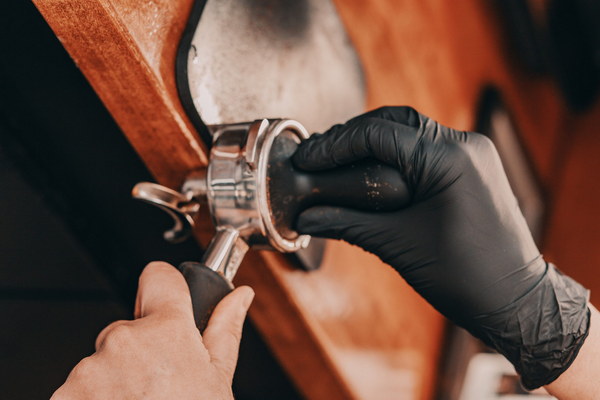Senior Care at Home A Comprehensive Guide to Health and Wellness
Introduction:
Taking care of elderly loved ones is a significant responsibility that requires a balanced approach to ensure their health and well-being. As they age, it is essential to focus on their physical, emotional, and mental needs to maintain their quality of life. This article will provide a comprehensive guide to health and wellness for seniors living at home, offering practical tips and advice for caregivers and family members.
1. Nutritional Needs:

Proper nutrition is vital for maintaining good health in the elderly. A balanced diet should include a variety of fruits, vegetables, whole grains, lean proteins, and healthy fats. Here are some tips to ensure your loved one receives adequate nutrition:
a. Consult with a healthcare professional to create a personalized meal plan.
b. Encourage your loved one to consume small, frequent meals to aid digestion.
c. Ensure they have access to easy-to-eat foods and utensils.
d. Stay hydrated by encouraging them to drink plenty of water throughout the day.
2. Physical Activity:
Regular physical activity is crucial for maintaining strength, flexibility, and mobility in the elderly. Here are some activities that can be adapted to their abilities:
a. Encourage walking, whether it's around the house or in a local park.
b. Try stretching exercises to improve flexibility and reduce the risk of falls.
c. Engage in low-impact exercises such as yoga or swimming.
d. Use assistive devices like canes or walkers to ensure safety during physical activities.
3. Mental Stimulation:
Keeping the mind active is just as important as physical activity for maintaining cognitive health. Here are some ways to stimulate mental well-being:
a. Encourage your loved one to engage in hobbies they enjoy, such as reading, gardening, or playing music.
b. Play games that challenge their memory and problem-solving skills, such as crosswords or puzzles.
c. Encourage them to learn new skills or take up a new hobby.
d. Socialize with friends and family to reduce feelings of loneliness and isolation.
4. Emotional Support:
Emotional well-being is crucial for overall health. Here are some ways to provide emotional support to your loved one:
a. Spend quality time with them, listening to their concerns and offering reassurance.
b. Encourage them to express their feelings and emotions, without judgment or criticism.
c. Help them maintain social connections by organizing family gatherings or visiting friends.
d. Seek professional help, such as counseling or therapy, if you notice signs of depression or anxiety.
5. Preventing Falls:
Falls are a significant concern for the elderly, as they can lead to serious injuries and reduced mobility. Here are some ways to prevent falls:
a. Keep the home well-lit and free of trip hazards, such as loose rugs and electrical cords.
b. Install grab bars and handrails in critical areas, such as the bathroom and stairs.
c. Encourage your loved one to wear non-slip shoes with good traction.
d. Conduct regular home safety assessments to identify and correct potential hazards.
6. Healthcare Management:
Regular healthcare appointments are essential for monitoring the health of your elderly loved one. Here are some tips for managing their healthcare:
a. Keep a detailed record of their medical history, medications, and appointments.
b. Communicate with their healthcare providers to ensure they are up-to-date on their treatments and medications.
c. Encourage them to take their medications as prescribed and attend all scheduled appointments.
d. Stay informed about potential side effects and interactions of their medications.
Conclusion:
Caring for elderly loved ones at home requires a comprehensive approach to health and wellness. By focusing on their nutritional needs, physical activity, mental stimulation, emotional support, fall prevention, and healthcare management, you can help ensure they maintain a high quality of life. Remember, seeking professional advice and support from healthcare providers and caregivers is essential for successful senior care at home.









